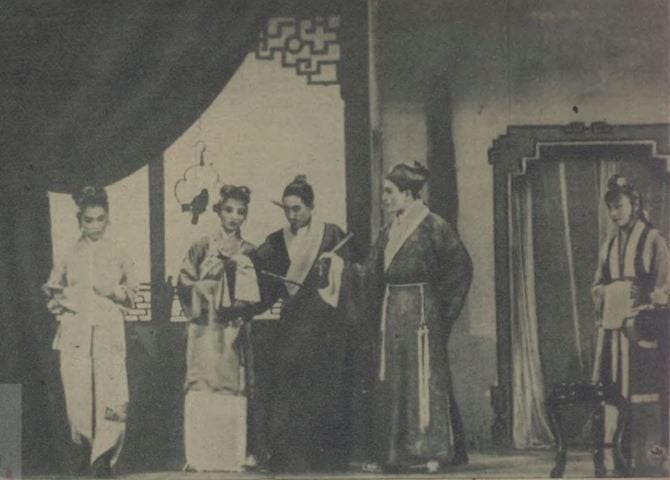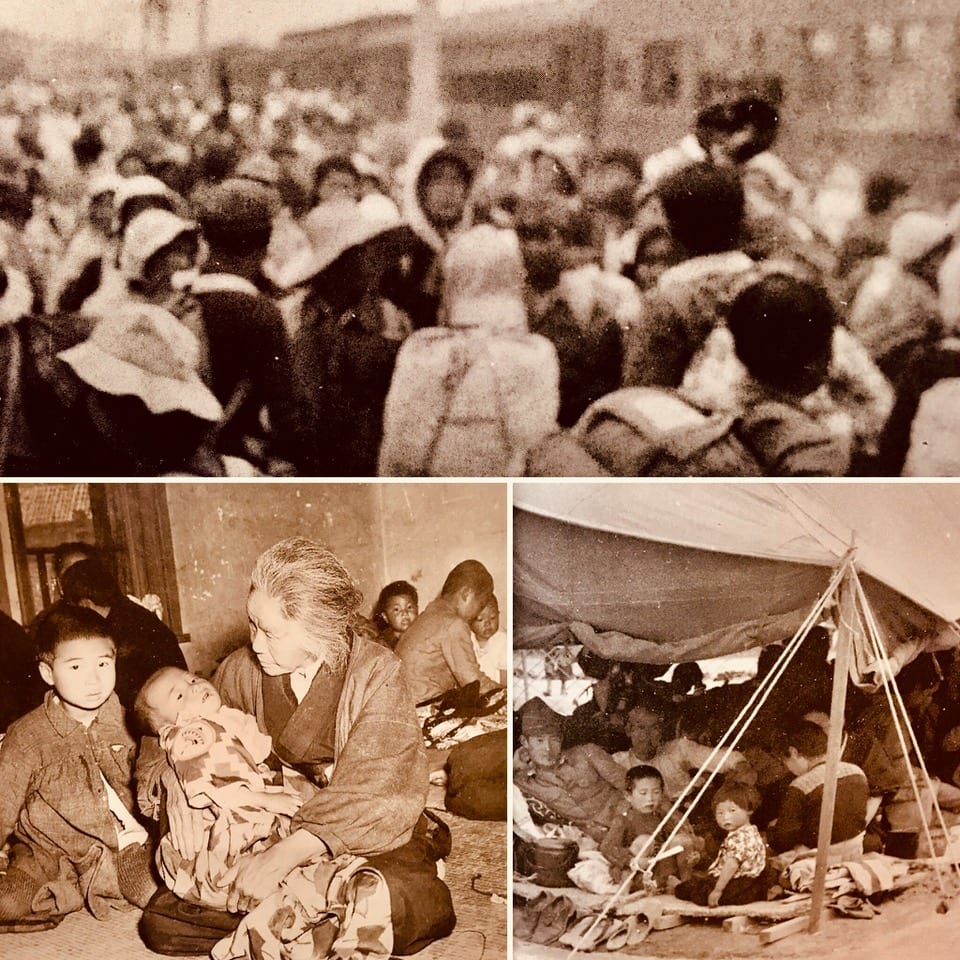Yuqian Yan
“Sorrow for the Fall of the Ming:
Wartime Representation of the Late Ming on Stage and Screen”
Friday, November 30, 3-5PM
Location: CEAS 319 (1155 E 60th St)
Discussant: Pao-chen Tang, PhD Candidate (EALC & CMS)

On November 30th from 3:00pm to 5:00pm the Art and Politics of East Asia workshop will host Yuqian Yan (PhD Candidate, EALC & CMS). She will present “Sorrow for the Fall of the Ming: Wartime Representation of the Late Ming on Stage and Screen,” an article in preparation for publication. Yuqian provides the following abstract:
This article examines the effect and affect of historical representations in wartime Chinese theater and cinema, and the interplay between the two media. Focusing on one of the most popular historical play during the war Sorrow for the Fall of the Ming and its screen adaptation, the paper teases out the layered concerns behind the representation of the fall of the Ming and the adaptation strategy of the filmmaker. By analyzing how the fall of the Ming became a common trope, a “chosen trauma” that connects the nation’s past with its historical presence, this paper demonstrates that history mattered not just as a reflective mirror of contemporary situation, but provided an affective space that enchanted and reassured people in the midst of national crisis.
